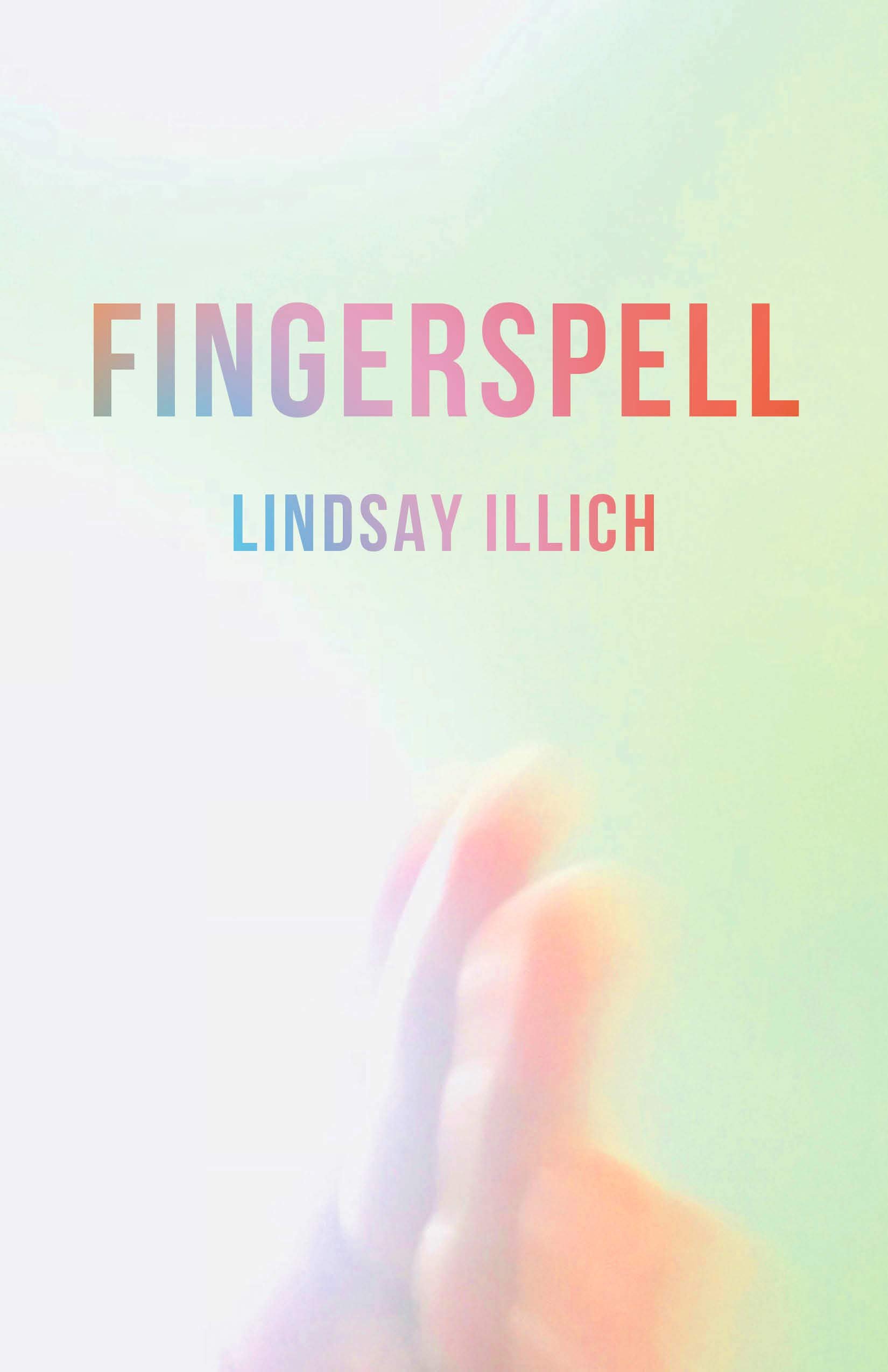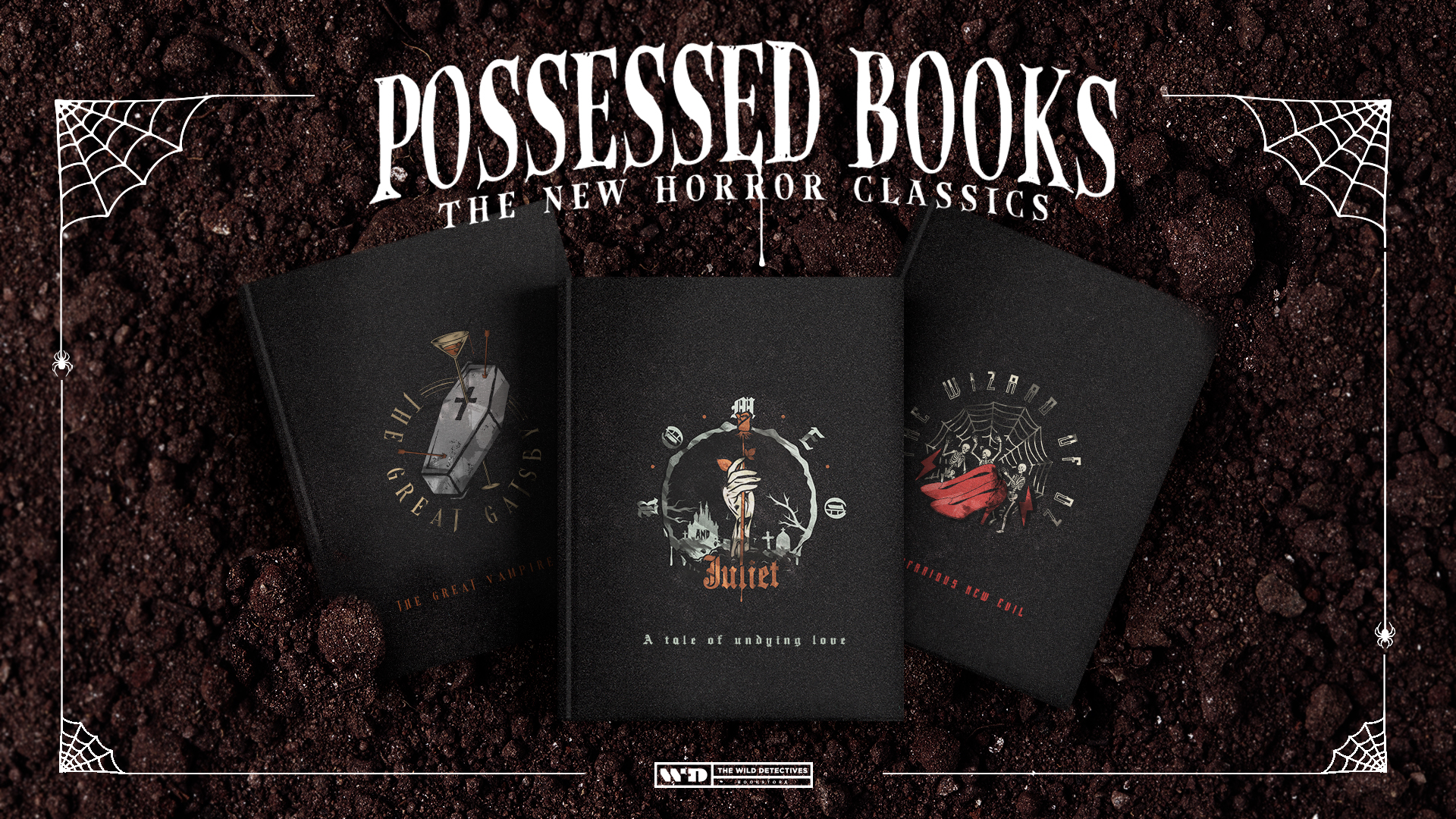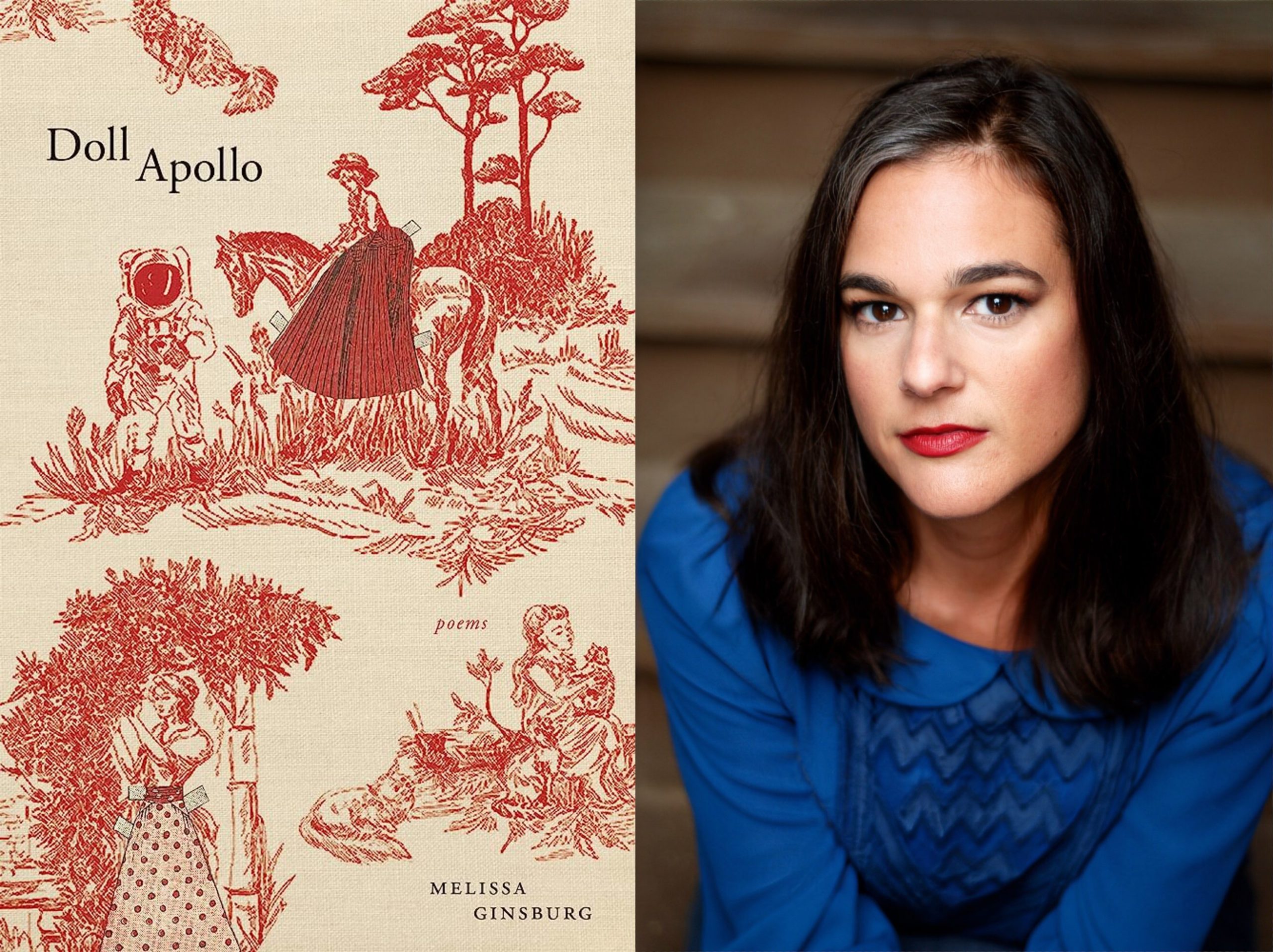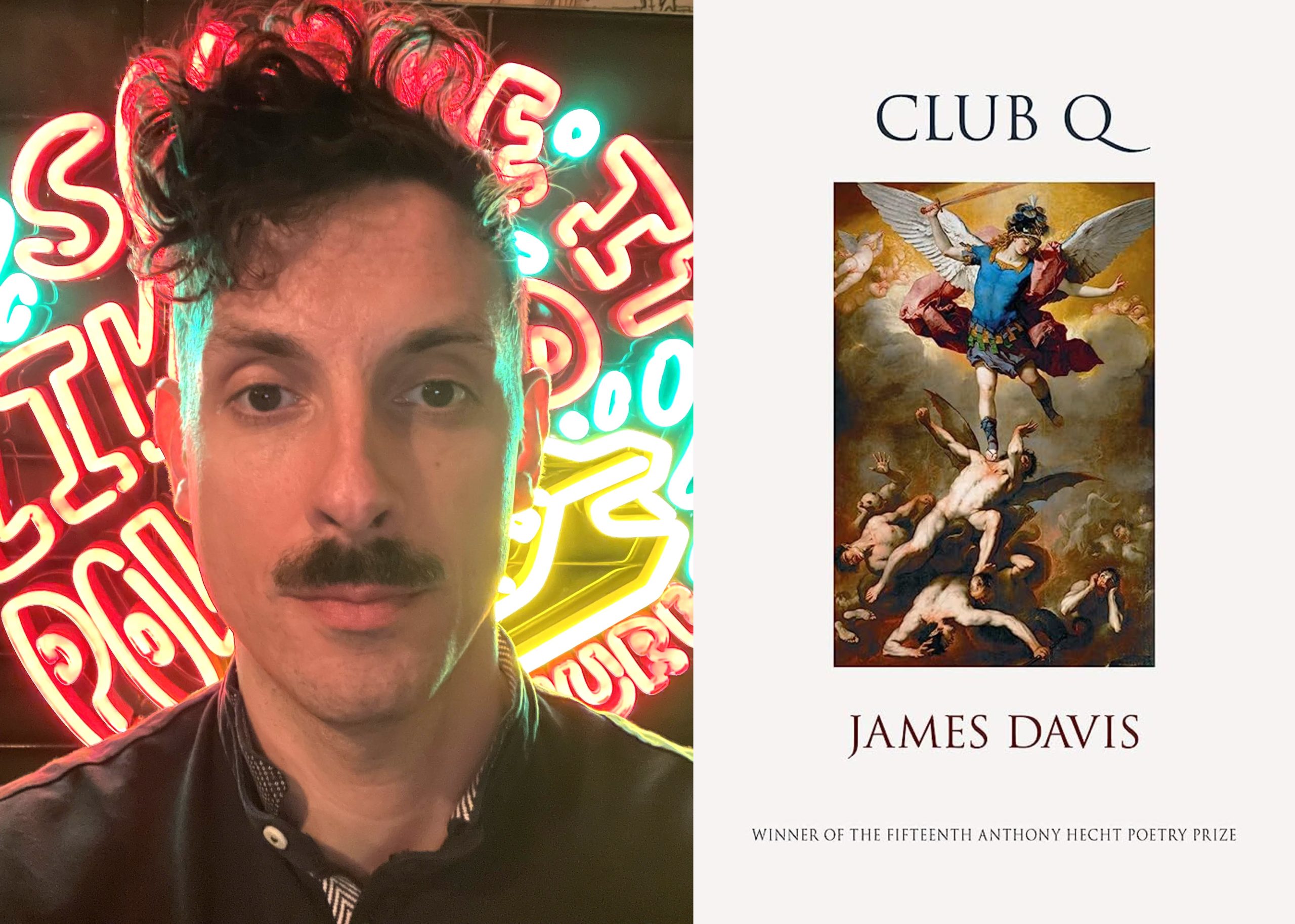Published by Black Lawrence Press in November 2020, Lindsay Illich’s poetry collection, Fingerspell, begins by presenting the images for spelling out the letters of the alphabet. After the birth of Illich’s daughter, who has Down syndrome, she “felt every emotion as if through a vivid filter, supersaturated”.
She was learning ASL to better communicate with her daughter who was experiencing speech delays. “Trying to make due with my limited vocabulary, my poet brain was being charged with novelty, with new ways to speak. I felt I was under a beautiful spell.” Her new awareness of “body-as-sign” appears throughout her poems.
Artistic representations of the body function as signs of new motherhood, blurred relationships, floods of light or sequential openings. “How wasteful it felt to lie there, letting it happen, / yet how beautiful to watch the nourishment / of my body going into the world so materially, / as evidence of love, a flourishing like these / white lovelies scoring the air, their brief / and beautiful wingbeats like white hearts / and you running out to meet them, arms open” (“Early July and the Faint White Butterflies”).
Not only are bodies inscribed and charged by ideas about the comings and goings of love and loss, that cyclical mark of life, but they also come to signify anxieties about new roles and expectations. In “Fault Lines” the poet is clearly aching for the way her life used to be: “I loved / the quiet of no one, / the upside / down of mother.” The poet misses the “looseness of being.” And that time her daughter has a high fever, “her forehead a hotplate, / her hand a flame. The bed wasn’t big enough / for our trouble” (“Fever”). The course of parenthood seems characterized by learning, over and over, what is gained and what is lost.
I really appreciate the way Illich explores the body’s relationship to nature, the way it frames our interactions and makes sense of them. “I want us to be a Pittsburgh or Budapest, / a city where rivers meet, rivers / because we are the bodies / in their beds, current lathing / between our legs. I can’t help / but think of you as / the rain, as en route” (“Pittsburgh or Budapest”). Isn’t that a great way to look at it? As being bodies, in motion, en route, pausing just briefly enough for Illich to capture these fleeting moments in time. In “Eclipse,” we learn what a momentary possibility looks like: “Pictures of cracked pavement with light / through trees cast as shimmers / of bright crescents like signatures / of this exact moment when our moon / covered the star.”
In Illich’s poems there is so much light creeping in to warm things. But sometimes we see more clearly in the dark. “Darkness takes separate things / and makes them indivisible” (“Uncovered”). Publishers don’t provide content warnings, so anyone who wishes to read Fingerspell should be aware that it contains some violence, situations involving ambiguous sexual consent, and infant loss. There is much joy and light to be found within the pages, yet the buoyancy of Illich’s language sometimes comes to serious terms with trauma.
Illich offers us “Instructions for Survival,” though, a manual on how to navigate the curves and bumps of an unpredictable, messy life that still holds meaning. She writes, so beautifully:
“I thought my son might be a poet / When he asked, barely three years old, / So this is it? Every day’s the same? / Son, hold the sun against your chest / Long enough and love grows / Like bacteria and millions of years later / You’ll climb out of bed onto land / And breathe your first like a volcano / Erupting and then a girl / Is reading the book and comes / Suddenly alive. We are born. / Because we survive by determining / the wonder out of gray ore. / We survive spore like, hovering / along coasts, pointing out species / of trees. We survive by noticing / at closing when they cut the lights / at Target, a soft blue replaces the white / fluorescence. We moved through / the light as if buoyed by it. There / are nouns all around us and more / to come and that / is the kind of joy I’m betting on.”
Lindsay Illich was the guest for The Inner Moonlight Podcast episode in August, you can listen to the conversation here
You can find this book here







